Panelists
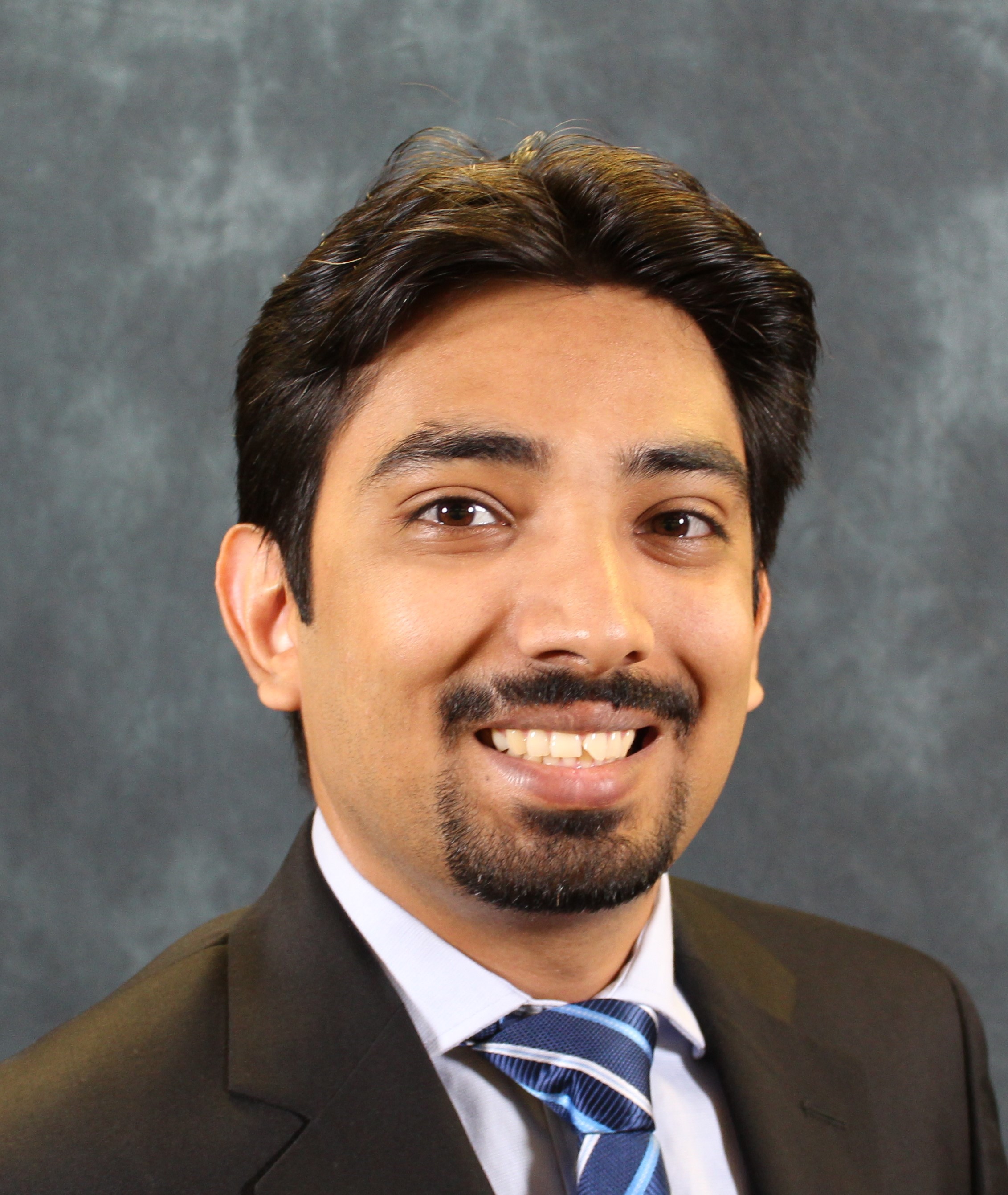
Kumar Akash
Honda Research Institute
Kumar Akash is a Senior Scientist at Honda Research Institute USA, Inc. He works in the Human Centered Intelligence team with a focus on designing human-aware automation technologies for current and future modes of mobility. His primary research thrust is dynamic modeling and control of human cognitive states to enhance human automation interactions. He earned his PhD and MS in Mechanical Engineering from Purdue University and B.Tech. in Mechanical Engineering from Indian Institute of Technology, Delhi.
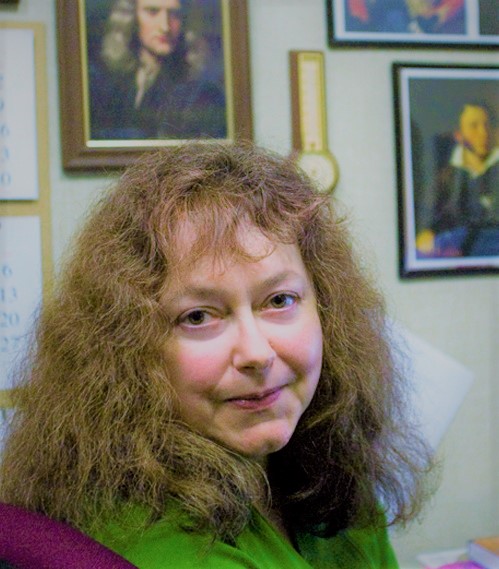
Natalia Alexandrov
NASA Langley Research Center, Moon-to-Mars Planetary Autonomous Construction Technology Technical Lead
Dr. Natalia Alexandrov works at the NASA Langley Research Center (LaRC). She is currently the LaRC Technical Lead for the Moon-to-Mars Planetary Autonomous Construction Technology Project, Principal Investigator for the Carbon Negative activity at the Convergent Aeronautics Solutions Project, and Principal Investigator of the project Teaching AI to Manage Airspace Complexity. Her research interests are in methods for modeling, design optimization, and control of cyber-physical-human systems, as well as concepts of trust and trustworthiness in systems governed by autonomous computational intelligence and human-machine teams with a high degree of machine autonomy. She is an Associate Fellow of AIAA and serves on the Council of SIAM.
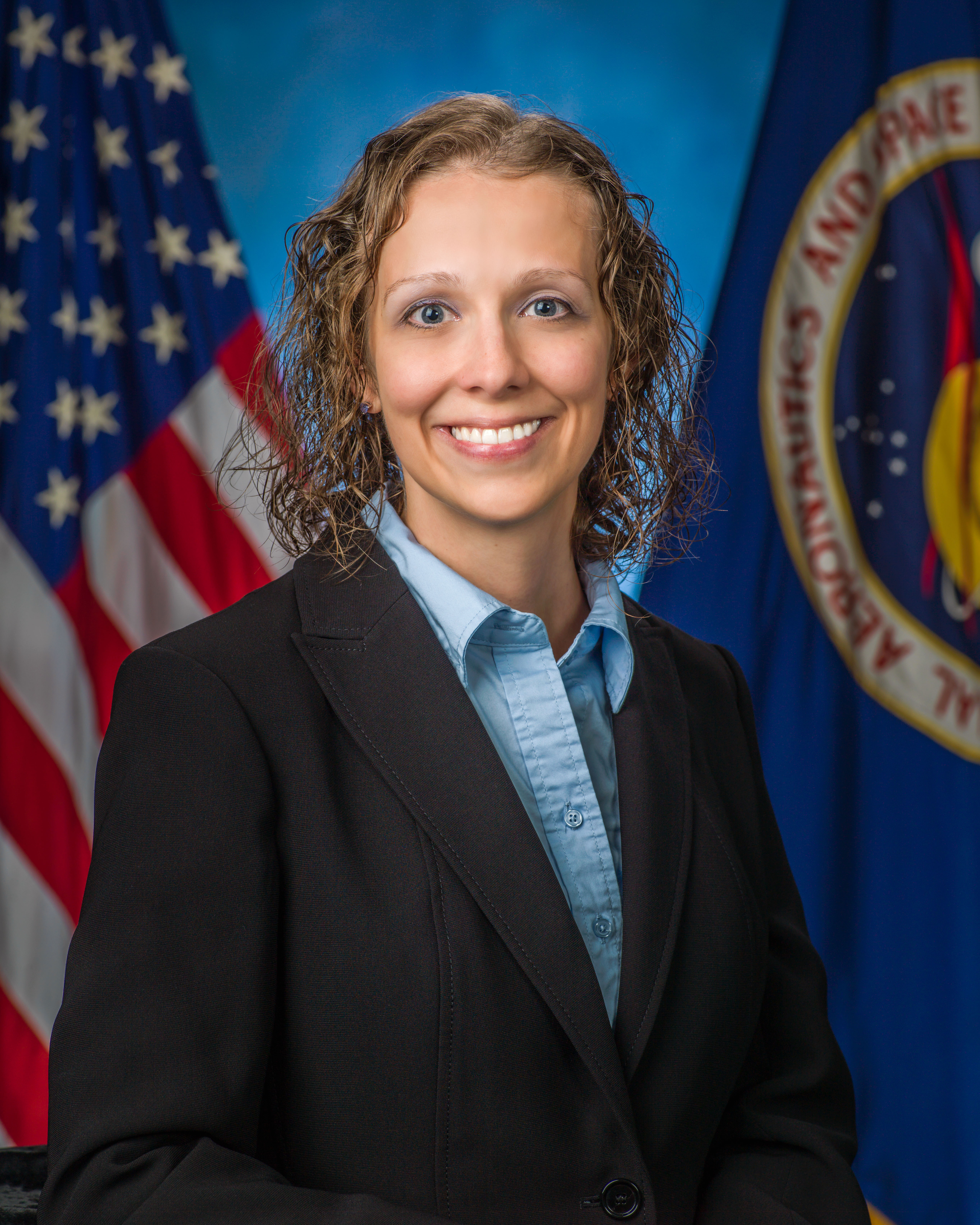
Julia Badger
NASA Johnson Space Center, Autonomous Systems Technology Discipline Lead
Dr. Julia Badger is the Autonomy and Vehicle Systems Manager (VSM) system manager for the Gateway program at NASA-Johnson Space Center. She also serves as the Autonomous Systems Technical Discipline Lead for JSC. She is responsible for the autonomous control system specification and design for the Gateway, as well as playing a leading role in driving autonomous systems technology research and development for human spaceflight. Julia has a BS from Purdue, and an MS and PhD from Caltech, all in Mechanical Engineering.
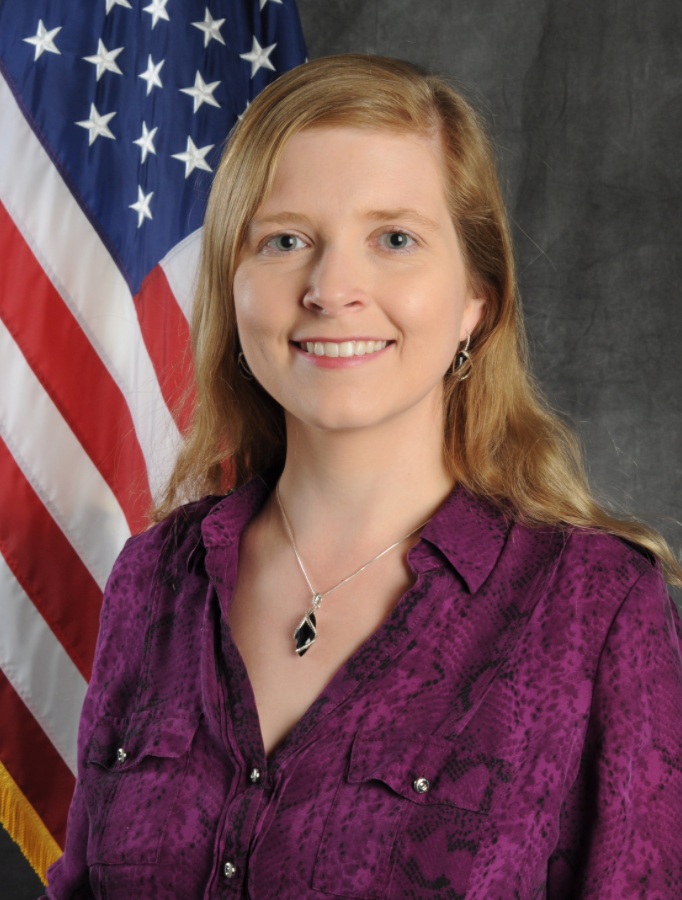
Laura Humprey
AFRL Aerospace Systems, and AFRL Control Science Center of Excellence
Dr. Laura R. Humphrey is a Senior Research Engineer at the Air Force Research Laboratory (AFRL), Wright-Patterson Air Force Base, Ohio, USA. She works within the Autonomous Controls Branch of the Aerospace Systems Directorate and also AFRL's Control Science Center of Excellence. Her research focuses on the development and use of formal methods for verification of autonomous and human- automation systems, especially systems for cooperative control of teams of unmanned aerial vehicles. She received her Ph.D. in Electrical and Computer Engineering from the Ohio State University in 2009. She is a Senior Member of the AIAA Senior Member and a member of the IEEE.
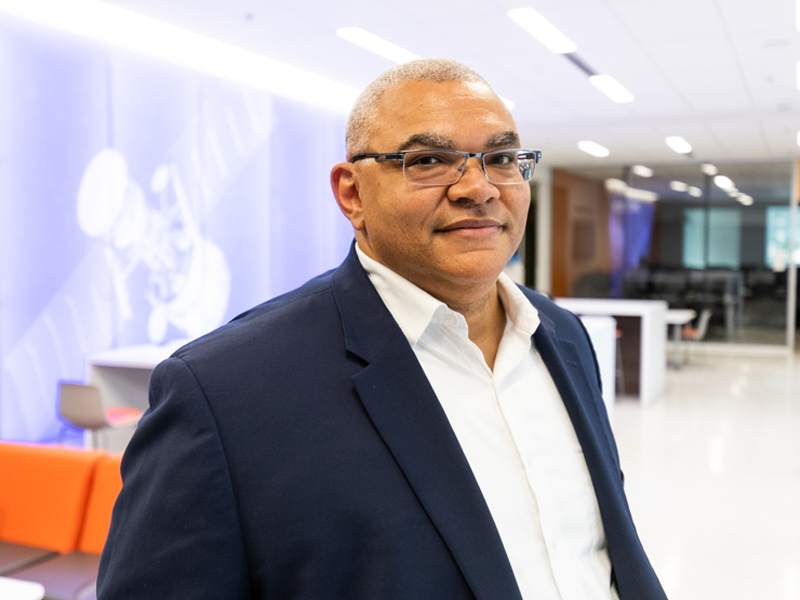
John-Paul Clarke
University of Texas at Austin
John-Paul Clarke is a professor of Aerospace Engineering and Engineering Mechanics at The University of Texas at Austin, where he holds the Ernest Cockrell Jr. Memorial Chair in Engineering. Prior to joining the faculty at UT Austin, he was a faculty member at Georgia Tech, the Vice President of Strategic Technologies at United Technologies Corporation (now Raytheon), a faculty member at MIT, and a researcher at Boeing and NASA JPL. He has also co-founded multiple companies, most recently Universal Hydrogen – a company dedicated to the development of a comprehensive carbon-free solution for aviation.
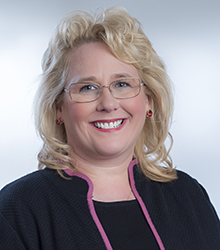
Shannan K. Hamlin
Academic Institute Director, Center for Nursing Research, Education and Practice
Dr. Hamlin earned her PhD from UTHealth School of Nursing in 2010. The adult critically ill patient population has been the focus of Dr. Hamlin’s advanced practice,
research, and publications. She has serviced in the critical care areas at The University of Texas MD Anderson Cancer Center and Houston Methodist Hospital (HMH) as an
advanced practice nurse and HMH as a nurse scholar. Dr. Hamlin has received over $236,000 in grant funding to conduct her research. She has published numerous
articles in peer-reviewed journals and served as co-editor for the journal Critical Care Nursing Clinics of North America on a special issue titled Monitoring Tissue Perfusion
and Oxygenation. Dr. Hamlin serves on the Adult- Gerontology Acute Care Nurse Practitioner Content Expert Panel for the American Nurses Credentialing Center. She has
served on Houston Methodist Research Institute’s Institutional Review Board for over 10 years.

Paul Schutte
Principal Member Technical Staff, Sandia National Laboratories
Paul Schutte is a Principal researcher in Human-Machine Teaming in Applied Cognitive Science (5572). He has worked at Sandia for 4 years. He is currently leading exploring Human Machine Teaming, shared mental models, and AI transparency for trajectory planning software for hypersonic missiles. Prior to Sandia, he worked 35 years for NASA developing AI decision aids and developing cockpit interfaces for commercial aviation. He has expertise in Human-Machine Teaming, Naturalistic Decision Making, Function Allocation, and Aviation. Schutte has a MS in Experimental Psychology and an MS in Computer Science.

John D’Aigle
Market Development Manage, ABB Robotics for Life Science and Healthcare
John D’Aigle is the Market Development Manager at the ABB Robotics for Life Science and Healthcare, located at the Texas Medical Center’s Innovation Hub. He has been with ABB for three years, performing roles across R&D and business. In his current role, he is responsible for healthcare products coming from US-ABB. John has a PhD in Neuroimmunology from UT MD Anderson Cancer Center and a Bachelor’s in Neuroscience from UT Austin.

Lydia Kavraki
Rice University
Lydia E. Kavraki is the Noah Harding Professor of Computer Science, professor of Bioengineering, professor of Electrical and Computer Engineering, and professor of Mechanical Engineering at Rice University. She is the director of the Ken Kennedy Institute at Rice University. Kavraki received her B.A. in Computer Science from the University of Crete in Greece and her Ph.D. in Computer Science from Stanford University working with Professor Jean-Claude Latombe. Her research interests span robotics, AI, and biomedicine. In robotics and AI, she is interested in enabling robots to work with people and in support of people. Her research develops the underlying methodologies for achieving this goal: algorithms for motion planning for high-dimensional systems with kinematic and dynamic constraints, integrated frameworks for reasoning under sensing and control uncertainty, novel methods for learning and for using experiences, and ways to instruct robots at a high level and collaborate with them. Kavraki’s lab is inspired by a variety of applications: from robots that will assist people in their homes, to robots that would build space habitats. In biomedicine she develops computational methods and tools to model protein structure and function, understand biomolecular interactions, aid the process of medicinal drug discovery, analyze the molecular machinery of the cell, and help integrate biological and biomedical data for improving human health. Her work has applications, among others, in personalized immunotherapy and in the design of novel therapeutics for asthma. Through the confluence of algorithms, statistical reasoning, formal methods, machine learning, data science and, importantly, physics modeling, Kavraki and her associates seek to understand how computers can reason effectively and robustly about problems in the real world.
NSF Speakers

Jordan Berg
NSF CMMI, Foundational Research in Robotics
Jordan M. Berg serves as a Program Officer in the Engineering Directorate of the US
National Science Foundation. His research interests include nonlinear and geometric
control, soft robotics, human-machine systems, and the modeling, simulation, design, and
control of nano- and micro-systems. He received the BSE and MSE in Mechanical and
Aerospace Engineering from Princeton University in 1981 and 1984, and the PhD in
Mechanical Engineering and Mechanics and the MS in Mathematics and Computer Science from
Drexel University in 1992.
In 1996 he joined the faculty of the Mechanical Engineering Department of Texas Tech University, where he remained until 2018. He began at NSF as a rotator in 2014, and returned as a permanent employee in 2018.
At NSF he co-directs the Dynamics, Control, and Systems Diagnostics program in the Division of Civil, Mechanical, and Manufacturing Innovation, and has served on several cross-cutting programs, including the Future of Work at the Human-Technology Frontier, Foundational Research in Robotics, EFRI Continuum, Compliant, and Configurable Soft Robotics Engineering, the National Robotics Initiative, Cyber Physical Systems, and the National Artificial Intelligence Research Institutes. He is a Fellow of ASME.
In 1996 he joined the faculty of the Mechanical Engineering Department of Texas Tech University, where he remained until 2018. He began at NSF as a rotator in 2014, and returned as a permanent employee in 2018.
At NSF he co-directs the Dynamics, Control, and Systems Diagnostics program in the Division of Civil, Mechanical, and Manufacturing Innovation, and has served on several cross-cutting programs, including the Future of Work at the Human-Technology Frontier, Foundational Research in Robotics, EFRI Continuum, Compliant, and Configurable Soft Robotics Engineering, the National Robotics Initiative, Cyber Physical Systems, and the National Artificial Intelligence Research Institutes. He is a Fellow of ASME.
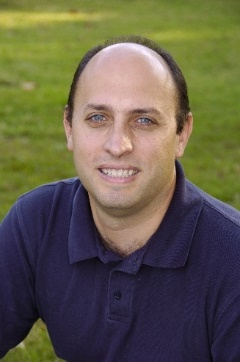
Alexander Leonessa
NSF CMMI, Mind, Machine, and Motor Nexus
Alex Leonessa is a professor at Virginia Tech since December 2007, after two previous similar appointments at Florida Atlantic University and the University of Central Florida. His main affiliation is with the Mechanical Engineering Department, but he has also courtesy appointments in the Industrial Systems and Engineering, Electrical and Computer Engineering, and Biomedical Engineering and Mechanics Departments.
He obtained a Doctoral degree in Aerospace Engineering at GeorgiaTech in December 1999. His research focused on nonlinear robust control techniques for general nonlinear systems. He is currently the Director of the Terrestrial Robotics Engineering and Control laboratory and his research and contribution include (i) control theory with application to autonomous vehicles guidance and navigation, (ii) nonlinear system identification with application to health monitoring, (iii) real-time embedded control with application to system design of robotic systems, and (iv) functional electrical stimulation of muscles for rehabilitation of stroke survivors and patients with spinal cord injuries. In particular, the dominant idea in his research effort is that most real-world physical systems are too complex to accurately model, hence model uncertainties must be accounted for in the control system design process using some kind of self-learning procedure. Dr. Leonessa has been involved in these areas of research for more than 20 years during which he has published more than 100 papers (all peer reviewed). In 2014-2016 he completed a two-year rotation at the National Science Foundation, where he was supervising the General and Age Related Disability Engineering (GARDE) program as well as participating to the Major Research Instrumentation program, the National Robotic Initiative, the Partnership for Innovation program, and the Integrative Strategies for Understanding Neural and Cognitive Systems program. He is currently serving as an expert at NSF where he is responsible for the Mind, Machine and Motor Nexus (M3X) program.
He obtained a Doctoral degree in Aerospace Engineering at GeorgiaTech in December 1999. His research focused on nonlinear robust control techniques for general nonlinear systems. He is currently the Director of the Terrestrial Robotics Engineering and Control laboratory and his research and contribution include (i) control theory with application to autonomous vehicles guidance and navigation, (ii) nonlinear system identification with application to health monitoring, (iii) real-time embedded control with application to system design of robotic systems, and (iv) functional electrical stimulation of muscles for rehabilitation of stroke survivors and patients with spinal cord injuries. In particular, the dominant idea in his research effort is that most real-world physical systems are too complex to accurately model, hence model uncertainties must be accounted for in the control system design process using some kind of self-learning procedure. Dr. Leonessa has been involved in these areas of research for more than 20 years during which he has published more than 100 papers (all peer reviewed). In 2014-2016 he completed a two-year rotation at the National Science Foundation, where he was supervising the General and Age Related Disability Engineering (GARDE) program as well as participating to the Major Research Instrumentation program, the National Robotic Initiative, the Partnership for Innovation program, and the Integrative Strategies for Understanding Neural and Cognitive Systems program. He is currently serving as an expert at NSF where he is responsible for the Mind, Machine and Motor Nexus (M3X) program.